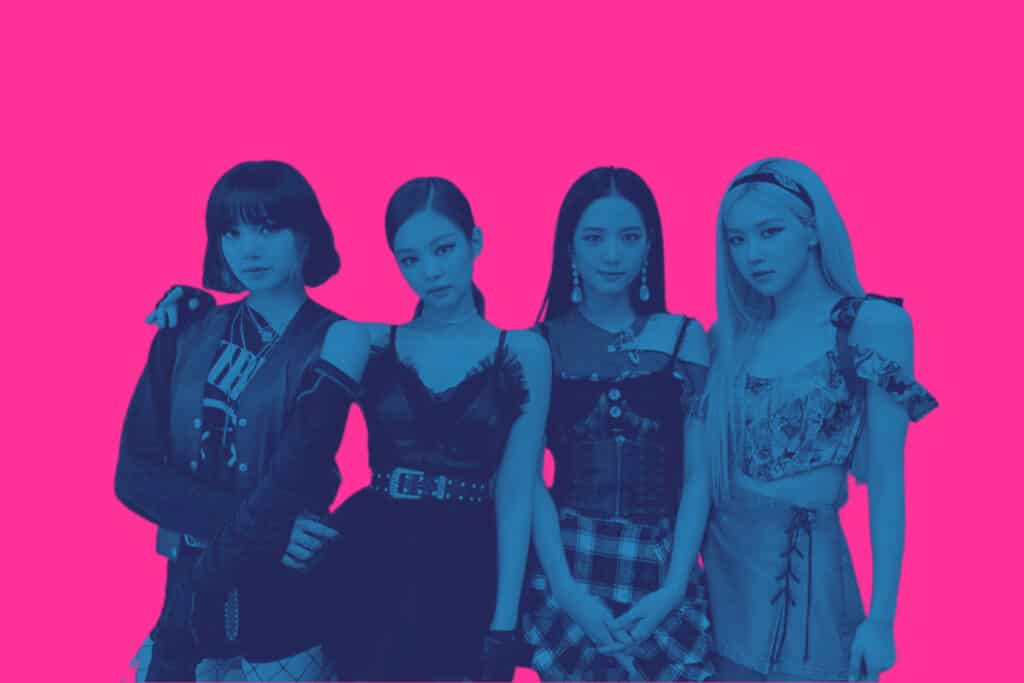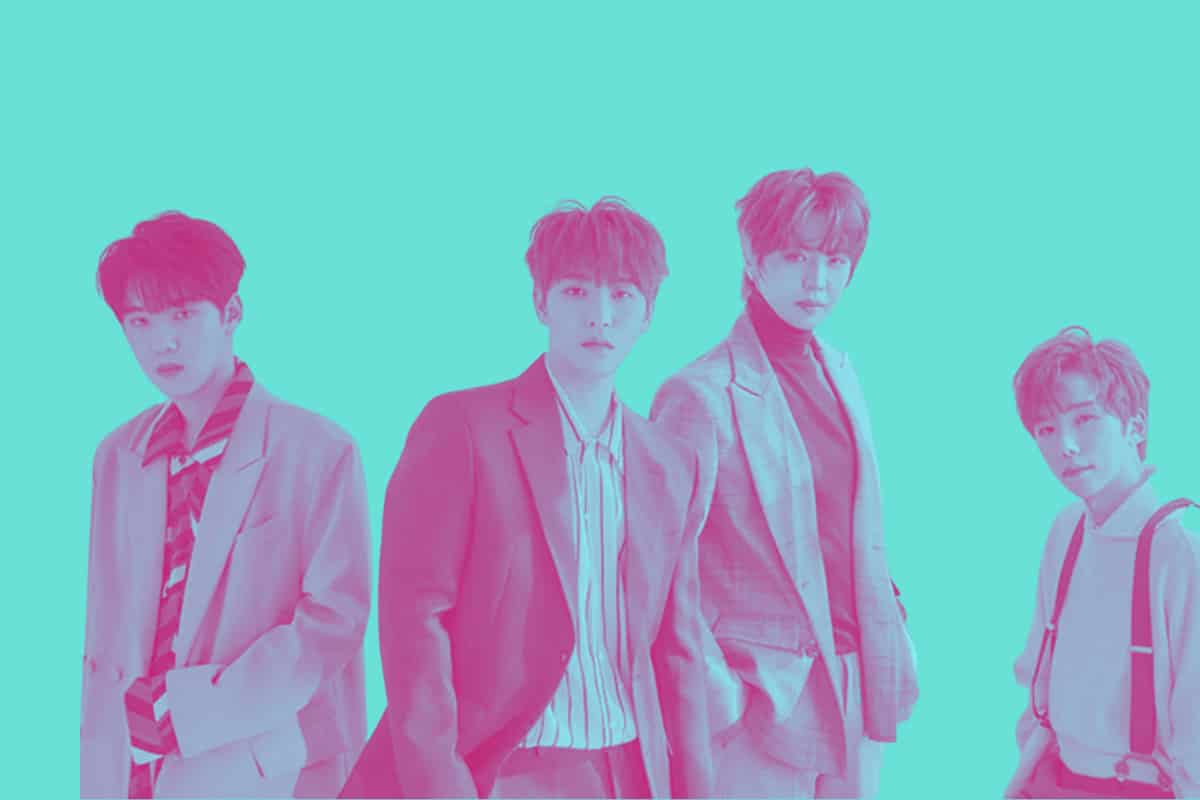Whether it’s because a particular music style has begun sneaking its way into your Spotify playlists or you’ve been seeing the term around the web, you might be trying to figure out exactly what KPOP is. Allow us to explain…
As the internet has grown over the years, the world has become, well, obsessed in many cases, with cultures from other parts of the globe.
This certainly isn’t a bad thing, well, in most cases, as it has helped people better understand other cultures and essentially get along better as a global society.
In recent years, many westerners have become intrigued by some of the things our Asian counterparts are up to – particularly in countries like Japan and South Korea.

First, it was Japan that introduced The West to sushi, anime and of course much more, but then who remembers a particular song that came from South Korea in 2012 that was the first video on YouTube to hit 1 billion plays?
I won’t force the name back into your head in case you’ve finally managed to shake it, but those of you that enjoyed the craze won’t need me to tell you which song I’m talking about.
What Does KPOP Stand For?
So, back to this question.
KPOP simply stands for Korean pop music, and simply represents any music that is currently in trend in South Korea, as is the case with POP music in the United States or the United Kingdom, for example.
South Koreans regard KPOP music in the same way that Americans regard Justin Bieber, Rihanna, and others in the Western world – but somewhat more energetically.
Korean pop is spelt in a variety of ways, including K pop, K-pop, Kpop, and KPOP, as we’ve been spelling it, but they all mean the same thing.
K-pop is a broad phrase that encompasses a wide range of musical components and genres. It may contain Korean rock, electronic music, hip hop and more, in addition to Korean pop.
The KPOP you’re likely listening to, though, is a relatively new genre of music, which originated around the ’90s and became mainstream in North America and Europe in the 2010s.
However, KPOP’s true origins date back to around the 1950s, and it has been heavily inspired by many genres of Western music and pop groups since then. American pop music culture has had – and continues to have – a significant influence on KPOP, although this role is often reciprocated these days.
What Are The Main Features Of KPOP?
Different genres are combined to produce various K-pop song themes.
Just as most K-pop groups have a dedicated rapper and English words are incorporated into the song’s South Korean lyrics, so do most K-pop groups have a designated rapper. This is thought to have begun with South Korean-American idols such as Fly to the Sky, who wished to show off their English skills in their songs.
The majority of K-pop choreographies concentrate on hard-hitting, coordinated motions, with members changing places numerous times during a dance. This is referred to as a strategy called “formation changing”, as you can likely picture.
The motions are also designed to be repetitious and addictive to watch, in order to reflect the song’s idea. This is referred to as “point dancing”, which caused certain dances and songs to become viral in particular, such as the one I mentioned in the introduction.
Most music videos in KPOP tend to contain choreography that makes each song stand out from the next and the last. Aside from that, the eye-catching clothes worn by groups or singers during concerts and music videos are equally crucial.
What Makes A Popular KPOP Group?
Every month, new Korean pop idol groups make their debut, and the public’s judgement on which group is the best shifts as a result. Idol groups are also known to compose songs and advertise themselves for up to ten years before moving on to other occupations such as becoming solo artists or actors.
Some idol groups, on the other hand, have been more successful and have lasted longer. Some groups are so well-known that they are recognised by many generations of K-pop fans!
We’ve compiled a list of some of the most well-known K-pop groups and musicians, as well as their most popular songs. They’re listed in the sections below. These well-known bands differ in terms of music genre, the number of members, image, and overall style. They all, however, produce high-quality music, dance, and performances.
Which KPOP Groups To Look Out For
Dong Bang Shin Ki (commonly known as TVXQ) and Big Bang have long been the most popular boy groups in South Korea. Dong Bang Shin Ki used to have the world’s largest K-pop fan club and is well-known on the internet.
Big Bang, a Korean pop boy band, has a distinct style that is easy to fall in love with, with each album bringing something fresh to the table. They’ve paved the way for other bands now, but their style and music will go on for a long time.
Then there’s BTS, one of the most well-known groups of all time. This group has been a larger hit in the United States and other nations than in Korea.
Girls’ Generation is an excellent example of a well-known KPOP female group. They’ve been the top female group in K-pop for a long time, with tremendously catchy songs and themes.
Wonder Girls is another popular female group. They haven’t been as busy as Girls’ Generation and don’t have as many well-known songs, but their smash single “Nobody” is one of the most popular K-pop songs of all time.


